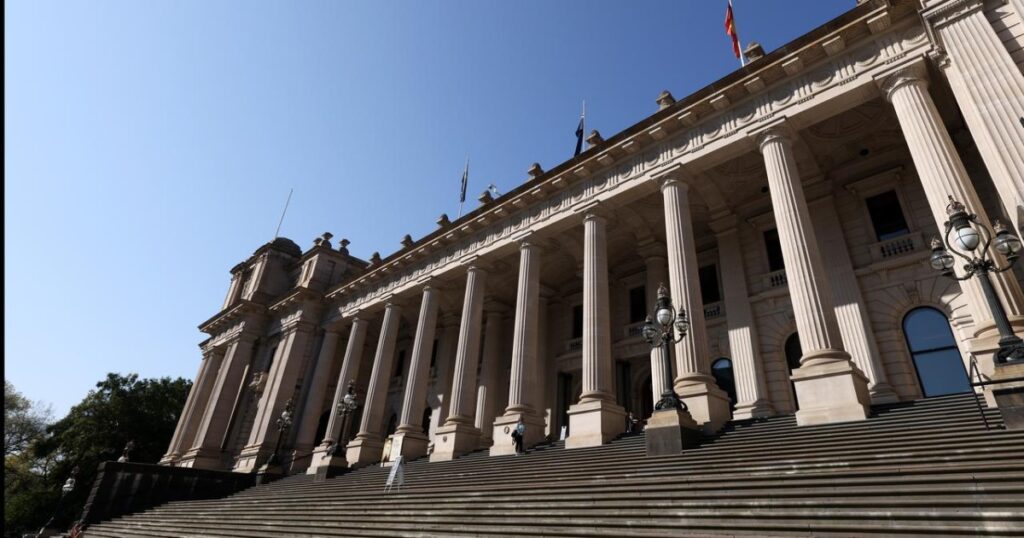
UPDATE: Misinformation is spreading rapidly regarding the powers of the newly established First Peoples’ Assembly of Victoria, following the passage of the Statewide Treaty Act 2025 on October 30, 2025. Contrary to viral claims on social media, this Indigenous assembly does NOT control government decisions or appointments.
Officials confirm that the First Peoples’ Assembly will serve in an advisory role only, providing non-binding advice to the Victorian parliament. Despite misleading posts circulating online, experts stress that the assembly does not have the authority to veto government actions or appointments.
A recent Facebook post inaccurately claimed, “Victoria has passed its undemocratic treaty with Aboriginals that will give a new Indigenous body control over government decisions.” However, the reality is quite different. The assembly, established under the Statewide Treaty Act, is designed to offer consultation on legislation affecting Indigenous peoples but holds no binding power over governmental decisions.
Prominent Indigenous law expert, Lee Godden from Melbourne University, clarified, “The legislation does NOT override government or ministerial decision-making.” Furthermore, Jeremie Bracka, a law academic from RMIT University, echoed this sentiment, stating that the assembly may provide advice or reports but retains no binding authority. Section 68 of the act explicitly mentions that legislative validity is not compromised even if consultation does not occur.
The Statewide Treaty Act 2025 requires any proposed bills to include a “statement of Treaty compatibility,” ensuring that the assembly is informed and consulted regarding legislation impacting First Peoples. However, this advisory role does not equate to control over government functions.
In another crucial point, the act does not grant the assembly the power to veto any government appointments. While it is allowed to make appointments to its own body and other designated councils, such as positions on the Heritage Council, it remains powerless over the broader spectrum of government appointments.
This wave of misinformation has sparked concern among experts and Indigenous communities alike. The assembly is intended to enhance consultation with First Peoples, ensuring their voices are heard in legislative matters. Nevertheless, the ultimate decision-making authority lies with the Victorian parliament, as confirmed by Section 75 of the act, which states, “Nothing in this act limits the power of a House of the Parliament to conduct its business.”
With the rise of social media misinformation, it is crucial for the public to stay informed with accurate information about the capabilities and limitations of the First Peoples’ Assembly of Victoria. As developments continue, authorities urge everyone to approach claims critically and verify facts through reliable sources.
For ongoing updates and fact-checks, follow AAP FactCheck on social media platforms like Facebook, Instagram, and YouTube. Stay informed and help combat misinformation in this pivotal moment for Indigenous representation in Australia.






